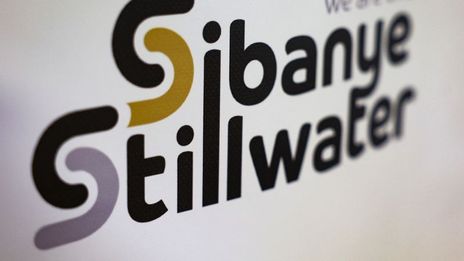By Sam Goldfarb
U.S. government bond prices climbed Friday as investors bought safer assets amid signs that an increase in new coronavirus cases is threatening progress toward fully reopening the U.S. economy.
In recent trading, the yield on the benchmark 10-year U.S. Treasury note was 0.635%, according to Tradeweb, compared with 0.674% Thursday.
Yields, which fall when bond prices rise, edged lower overnight. They then dropped more sharply after Texas Gov. Greg Abbott rolled back some reopening plans, requiring bars to close at noon Friday and putting restrictions on large outdoor gatherings.
Mr. Abbott's announcement came after Texas reported more than 6,400 cases Thursday and the U.S. overall marked a daily record of nearly 40,000 new cases.
California Gov. Gavin Newsom has also warned that the state might need to reconsider reopening plans, another indication that it might take longer than some investors had hoped for large parts of the country to return to a more normal economic footing.
Investors tend to buy Treasurys when they are concerned about the economy because the bonds offer steady interest payments with essentially no risk of default. A slower recovery could also ensure that the Federal Reserve takes longer to raise short-term interest rates.
Even before the latest developments, Treasury yields had signaled a darker economic outlook than some other assets such as stocks. Except for a brief period in early June when it climbed above 0.9%, the 10-year yield has been stuck around two-third of a percent for months, not far above its all-time low of around 0.5% set in March.
Elsewhere in the fixed-income market, there were signs again of reduced demand for high-yield corporate bonds.
BlackRock's iShares U.S. high-yield corporate bond ETF was down 0.9% in recent trading, bringing its week-to-date decline to 1.9%.
As of Thursday, the extra yield, or spread, investors demanded to hold speculative-grade corporate bonds over Treasurys was 6.05 percentage points, according to Bloomberg Barclays data. That was up from 5.78 percentage points at the end of last week.
Write to Sam Goldfarb at sam.goldfarb@wsj.com

















